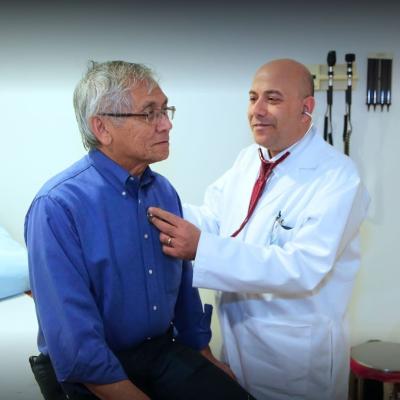Vitamin D, often dubbed the "sunshine vitamin," plays a crucial role in bone health, immune function, and overall well-being. However, vitamin D deficiency is a widespread issue, affecting millions of individuals globally. This shortage can lead to a range of health problems,
from bone disorders to an increased risk of chronic diseases. Understanding the causes, symptoms, and ways to combat vitamin D deficiency is essential for maintaining optimal health.
Causes of Vitamin D Deficiency
The primary source of vitamin D is sunlight exposure; when the skin is exposed to UVB rays, it synthesizes vitamin D. However, many factors can limit UVB exposure, leading to deficiency. These include living in high latitudes, wearing sunblock, spending little time outdoors, having darker skin (which absorbs less UVB), and consuming a diet low in vitamin D.
Certain medical conditions, such as Crohn's disease, cystic fibrosis, and celiac disease, can also impair the body's ability to absorb vitamin D from food, further exacerbating the risk of deficiency.
Symptoms and Risks
Vitamin D deficiency often goes unnoticed because its symptoms can be subtle or mistaken for other health issues. Symptoms include fatigue, bone pain, muscle weakness, mood changes like depression, and an overall sense of not feeling well.
In the long term, a lack of vitamin D can lead to serious health problems, such as osteoporosis, cardiovascular disease, diabetes, and an increased risk of infections due to a weakened immune system. Children with severe vitamin D deficiency may develop rickets, a condition that leads to soft and weak bones.
Combating Vitamin D Deficiency
The good news is that vitamin D deficiency is preventable and treatable. Spending time outdoors in sunlight, eating foods rich in vitamin D (such as fatty fish, egg yolks, and fortified foods), and taking vitamin D supplements can help maintain adequate levels of this essential nutrient.
Regular screening for vitamin D levels, especially in individuals at higher risk, can detect deficiency early, allowing for timely intervention. A healthcare provider can recommend the appropriate dosage of supplements if needed, tailored to individual requirements.
When to Seek Professional Advice
If you suspect you have a vitamin D deficiency or are experiencing symptoms that could be related, it's important to seek professional medical advice. Early diagnosis and treatment can prevent complications and improve your quality of life.
Emmanuel Medical Clinic, with its dedicated team of family doctors, is here to support you in addressing your concerns about vitamin D deficiency. Our professionals are committed to providing personalized care and guidance to ensure your health and well-being.
For any queries or to schedule a consultation, please contact us at:
- Phone: +1-818-988-9818
- Website: www.emmanuelmedicalclinic.com
- Location: 7963 Van Nuys Blvd #101, Panorama City, CA 91402
Taking action to address a vitamin D shortage is a step towards safeguarding your health. Reach out to Emmanuel Medical Clinic for comprehensive support and expert advice.










 And then Add to Home Screen.
And then Add to Home Screen.